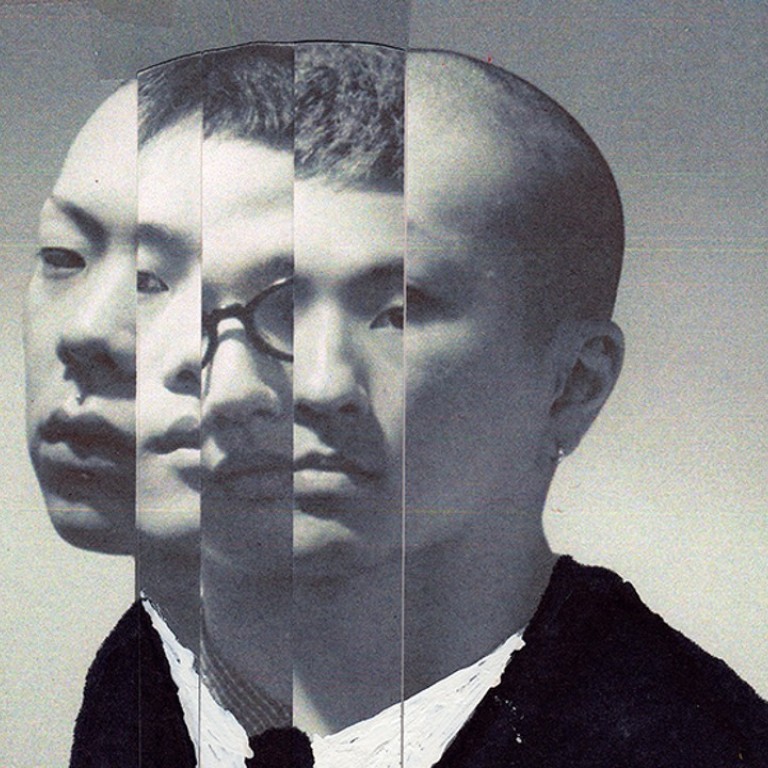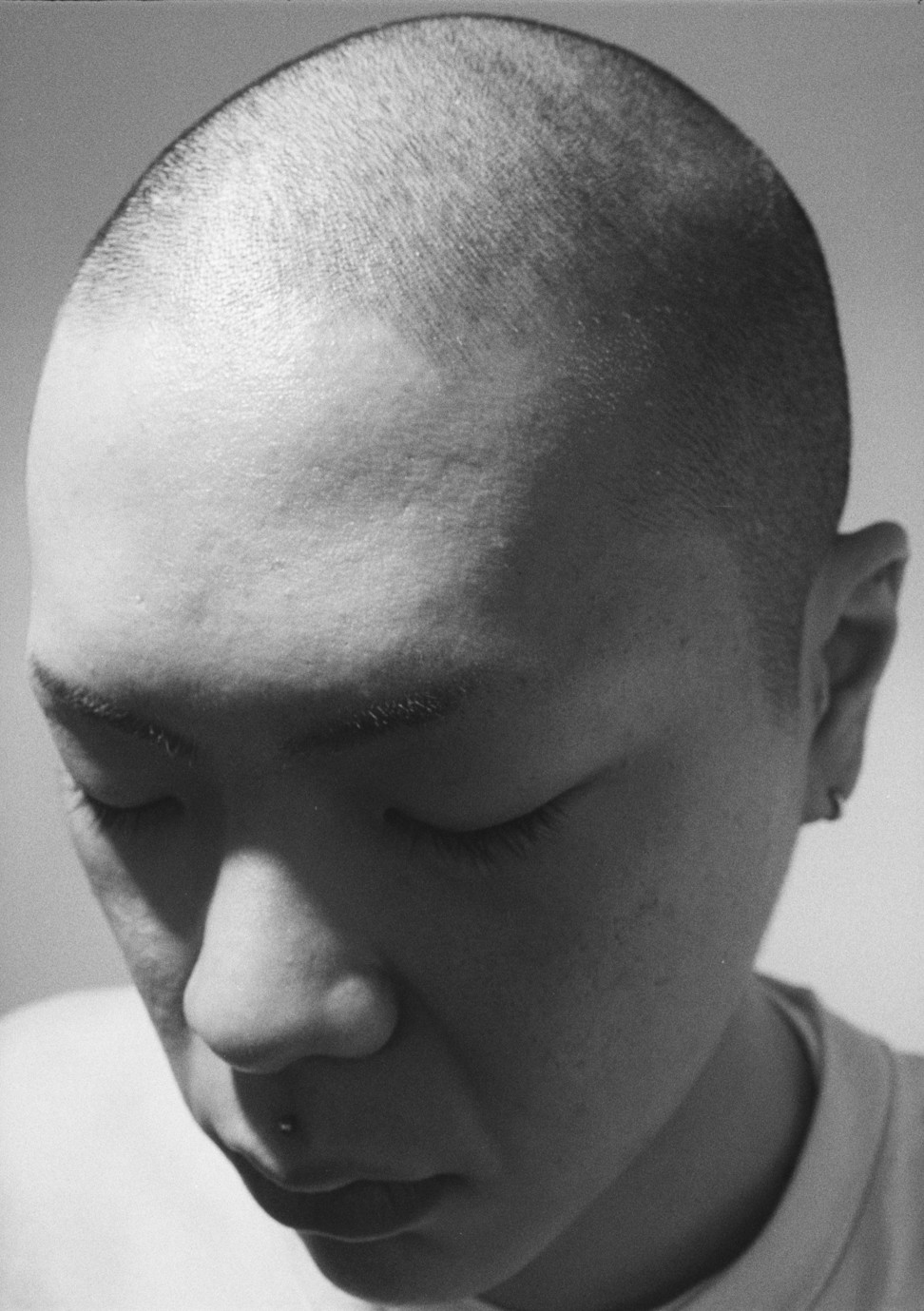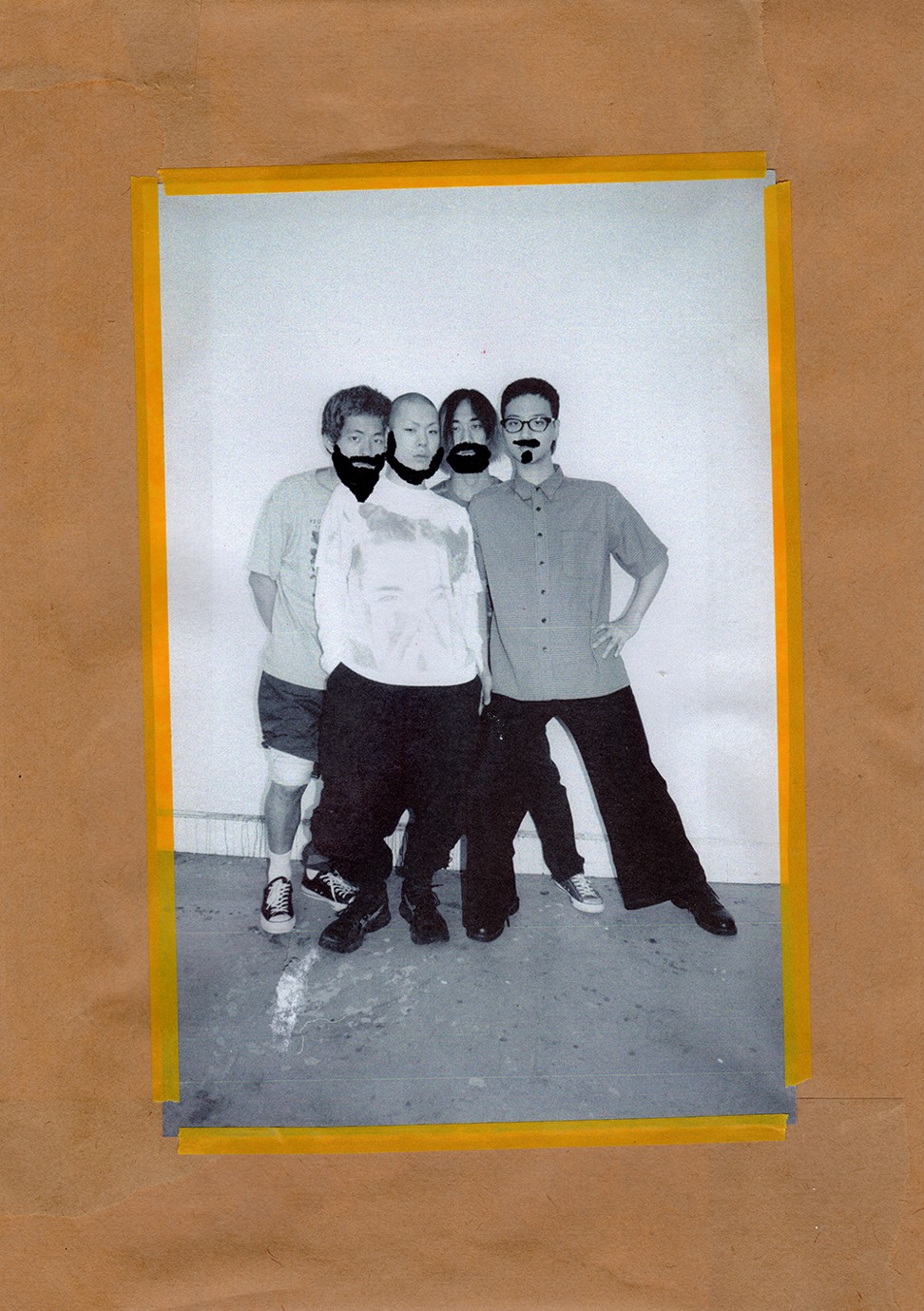
South Korea’s biggest indie rock band Hyukoh on their China connection and defying social norms
With their song Citizen Kane, inspired by a crazy Hong Kong taxi ride, featuring in a new Apple ad for the iPhone X, Hyukoh’s 24-year-old vocalist, Oh Hyuk, talks about growing up in China and breaking the social mould in Korea
The man Chinese fans call “guang tou” (“baldy”) spent nearly two decades living in China – and it shows. During a recent interview in his studio in the heart of Seoul, Oh quickly professes his love for the numbing spicy Sichuan cuisine, recommending a restaurant around the corner.
“Even my company CEO and tour manager call me ‘baldy’ in Korean – I don’t mind,” says the bashful Oh, whose family moved to China when he was five months old.
“Everyone wants to feel that sense of belonging but I’ve never had that. I was always unsure if I’m Korean or Chinese – I’ve agonised over it but never come to a conclusion.”
The 24-year-old is proficient in Korean, Chinese and English, having been educated at international schools in and around Yanji, Shenyang and Beijing. He moved back to Seoul in 2012 in pursuit of a music career – declining offers from the three mighty pillars of the K-pop industry: SM, YG and JYP Entertainment – and soon created the four-man band Hyukoh (Oh’s name reversed). They are currently signed to YG sub-label Highgrnd.
Seven other K-pop, rap and indie acts that can make it in US like BTS
Hyukoh have racked up millions of plays on YouTube and Spotify, and apart from winning countless awards at home, two of their albums, 22 and 23, peaked at No 4 and 6 on the Billboard World Album Charts. Their latest album released last month, 24: How to Find True Love and Happiness, reached No 1 on the iTunes charts in Taiwan, Thailand and Singapore.
However, Hyukoh’s crowning achievement came two weeks ago when one of their latest songs, Citizen Kane, was selected for Apple iPhone X’s Animoji karaoke campaign – joining an exclusive club along with Childish Gambino’s Redbone and Migos’ Stir Fry.

While Psy was pumping out viral hits and Girls’ Generation were stealing hearts with their syrupy tunes, Oh, along with guitarist Lim Hyunjae, bassist Im Dongeon and drummer Lee Inwoo, became indie poster boys by breaking free from the Korean norms.
Chart-topping rapper XXXTentacion is shot dead at 20
The band’s hypnotic – sometimes Radiohead-like – reverberations spearheaded by Oh’s husky vocals and unconventional looks made them cult favourites. They even featured in legendary Korean television variety show Infinite Challenge, cementing themselves as the torch-bearers of a rebellious new generation.
Hyukoh’s latest single, Love Ya, reinforced their desire to challenge Korean social norms. The music video, directed by Mark Lebon, shows couples of all shapes, sizes and sexual orientation embracing – a rare sight in what is still considered a conservative nation.
“I wrote the song with a message to support all kinds of lovers in the world, and when we say all kinds, we mean all kinds. I think it made sense,” says Oh, adding that through the album they wanted to explore various topics “in the hope of becoming better and happier”.
But for most for international fans, the album’s stand-out track is Citizen Kane.
Oh sings – or chants – the whole song in English and draws from his memories of cruising down the streets of Hong Kong in a taxi. The song’s opening verse sets the scene: “Hong Kong taxi driver / Why are you in such a hurry? / Living on the meters / Why are you running so fast?”

“The main theme of the song is to have your own time off,” says Oh, who write the track after appearing at least year’s edition of Hong Kong’s Clockenflap festival. “I have this memory of visiting Hong Kong where I got into a really fast cab and it wasn’t a great vibe in there – I felt like I was being chased.
“Taxi drivers are in an odd position; we don’t have many chances to talk to total strangers [on a daily basis]. I’ve had past experiences with older taxi drivers telling me about the meaning of life and how to live it … the song itself is not about one story, but bits of old memories put together.”
Having captured the Korean, Chinese and Western markets with his trilingual singing abilities, most notably performing a stunningly raw rendition of Chinese classic Tian Mi Mi on Korean television, Oh reflects on his own cultural mishmash.
“Although I lived in China for [such a] long time, I wasn’t specifically paying attention to Chinese music or fashion – nor Korean. I was really into Japanese fashion and I was deep into American culture – like punk. I was a part of the internet generation.
“Thinking back, [living in China] was a good experience,” he adds. “The ba ling hou generation [people born after the 1980s] changed things progressively; the way people think and act. It was the time of [China’s one-child policy] and I think it affected everyone in society. You became more individualised, a bit Americanised, and at the time I didn’t know it was different from Korea or wherever else.”
Korean indie darlings Hyukoh reveal maturity on debut LP
Whether Oh will ever fit in remains to be seen – one of the band’s earliest tracks is titled I Have No Hometown – but that may be the beauty of Hyukoh.
“When I moved [back] to Korea, I realised some of the ways I think or approach things was different. When I meet Korean friends they think I am more Chinese because I lived there for so long.
“When you’re living in a city you don’t realise how precious it is until you leave – you feel nostalgic when you’re away – and I have had that sense of wanting to go back to visit.
“Honestly, there is no special reason for choosing a particular language for songs,” he adds. “The most important role is the diction of the language; when I write the melody of the song I try to pick the most ideal-sounding language since I am able to.
“Personally I listen [to music] if it’s good. For example, I listen to German bands and dubstep even though I often have no idea what they are saying … having music that you don’t understand is not a bad experience. so I wanted to share that experience with the fans.”

